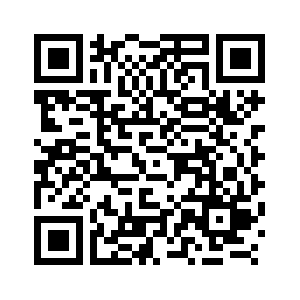HARBIN, Jan. 21 (Xinhua) -- With the outdoor temperature approaching minus 20 degrees Celsius, Wang Botao, a car testing engineer at China's automaker Geely Auto Group, was driving a car on a frozen lake.
This is the third year Wang has come to Heihe, a city in the country's northeasternmost province of Heilongjiang, to do the testing work.
Heihe's diverse landforms, cold and dry weather in winter, and high-quality services have drawn more and more carmakers to test their new products in the city.
Early in 1989, the Jiefang truck division of China FAW Group Co., Ltd. launched the first car test in Heihe. Over the past 30-plus years, the city has seen a rapid increase in the type and range of testing, as well as in car testing companies and personnel.
So far, Heihe has set up eight cold-area car testing enterprises, 16 testing bases, and 24 exclusive testing bases.
During a normal season, about 170 domestic and foreign car enterprises, more than 4,000 vehicles, and over 7,000 people, will come to Heihe for car testing annually, according to Diao Weidong, director of the Heihe municipal industry and information bureau.
The city's cold-area car testing business volume accounts for more than 80 percent of the country's total, said Diao.
Heihe is improving its infrastructure and services and accelerating the construction of digital projects to promote the digital upgrade of the cold-area car testing industry.
It has set up a reception service center to provide car testing enterprises with business consultation, policy publicity, enterprise personnel registration, green pass issuance, 24-hour rescue, hotel booking, catering recommendation, tourism guidance and other related services.
Heihe has also built eight testing sites, all with ABS testing runways and circular ice runways to meet test requirements under different conditions.
Zhao Xinhong, general manager of Honghegu, the city's leading car testing company, said that for car companies that are unable to come to Heihe, the company also provides a commissioned car testing service.
"Every year, many drivers will be hired for car testing, creating jobs and income of the local people," said Zhao.
Data shows that during the annual car testing season, Heihe's testing industry will generate more than 400 million yuan (about 59.2 million U.S. dollars) in revenue for hotel, catering, retail, transportation and other services.
Heihe is also speeding up the construction of digital projects. The city has put a 78-hectare autopilot test site, equipped with a 5G base station, into use. It was the first time that 5G technology had been applied to an autopilot test field in cold regions in China.
"With the construction of the high-tech industrial park for car testing, and deepening of our cooperation with technology enterprises and research institutes, Heihe's car testing industry will be upgraded and become more intelligent," said Diao. ■



